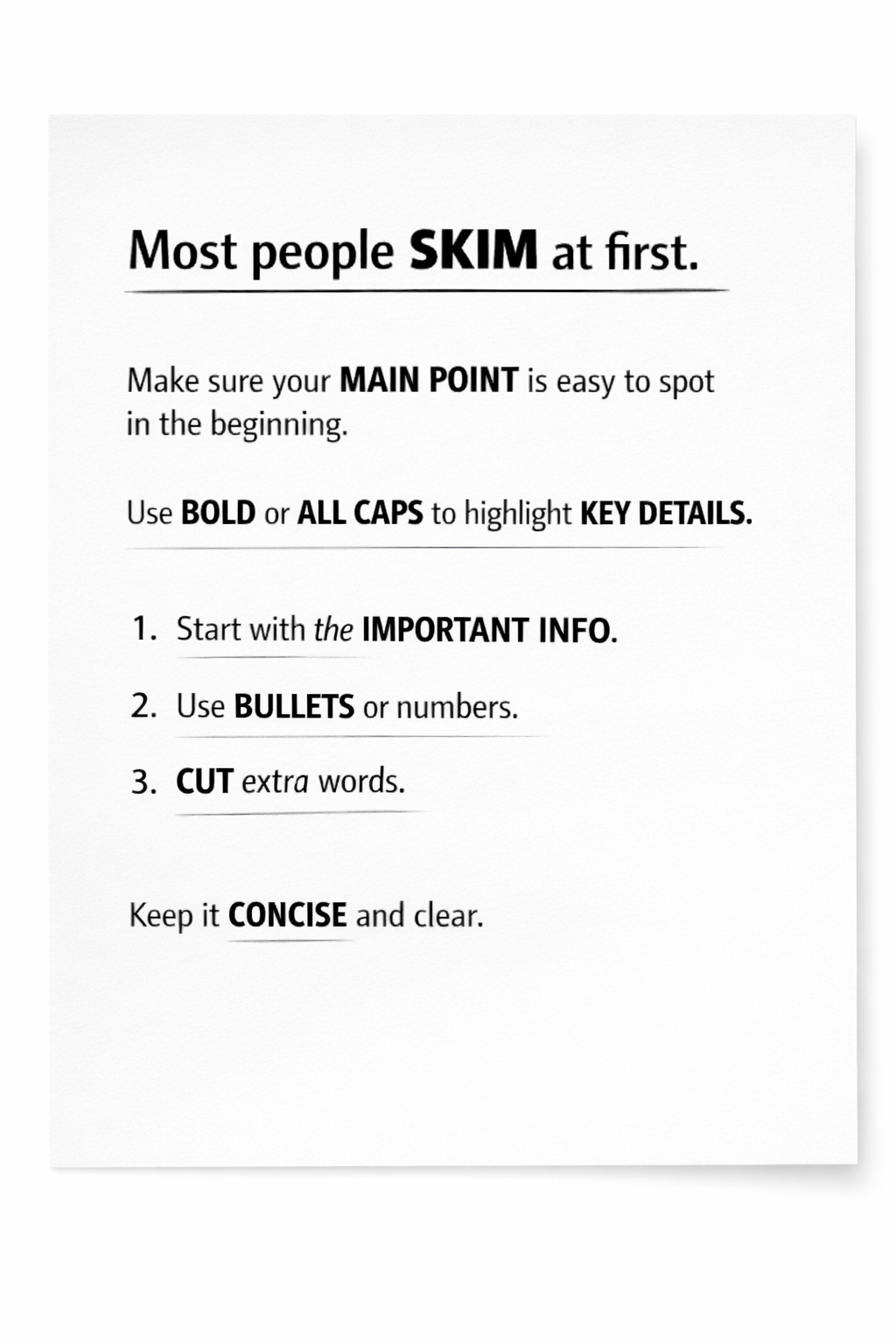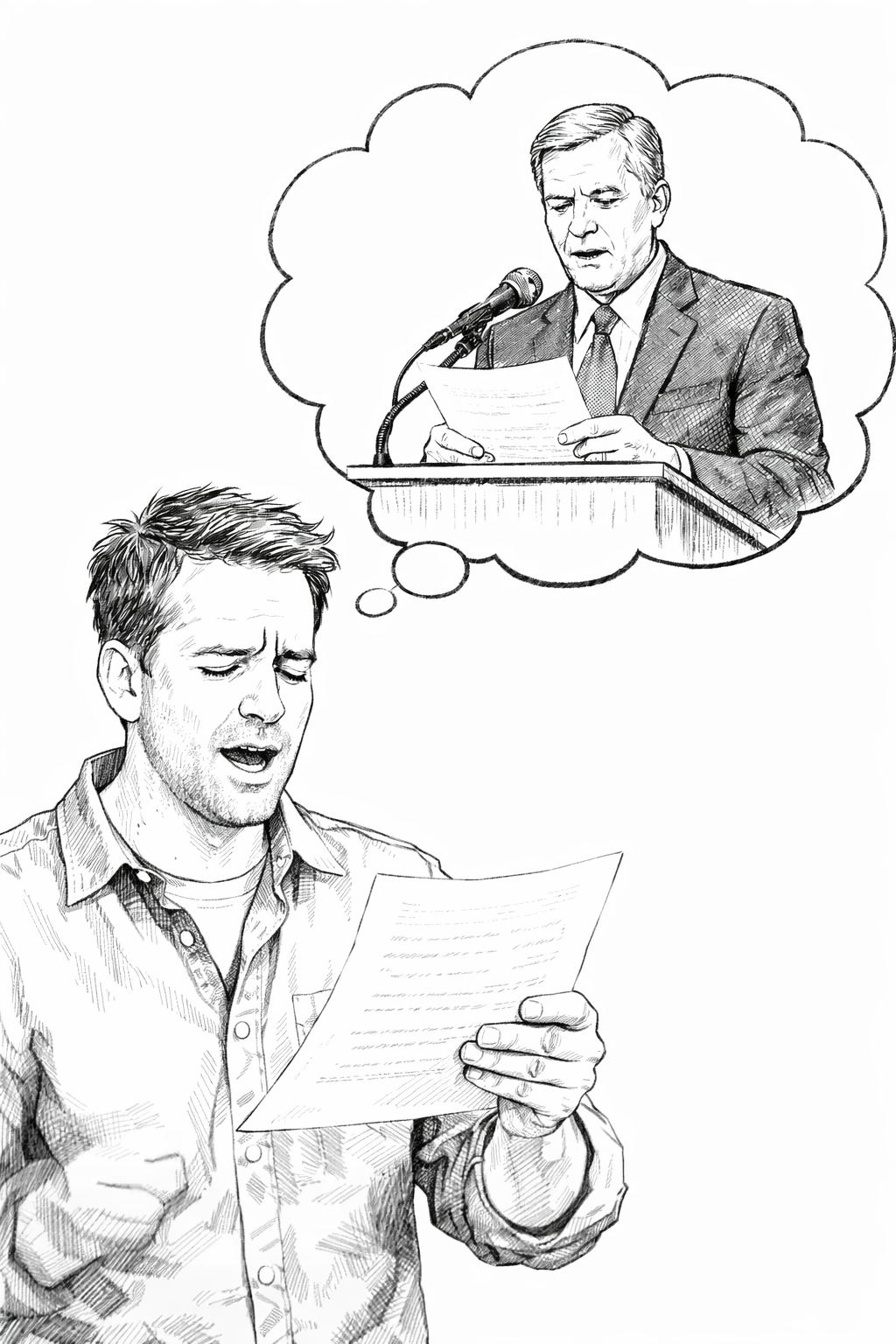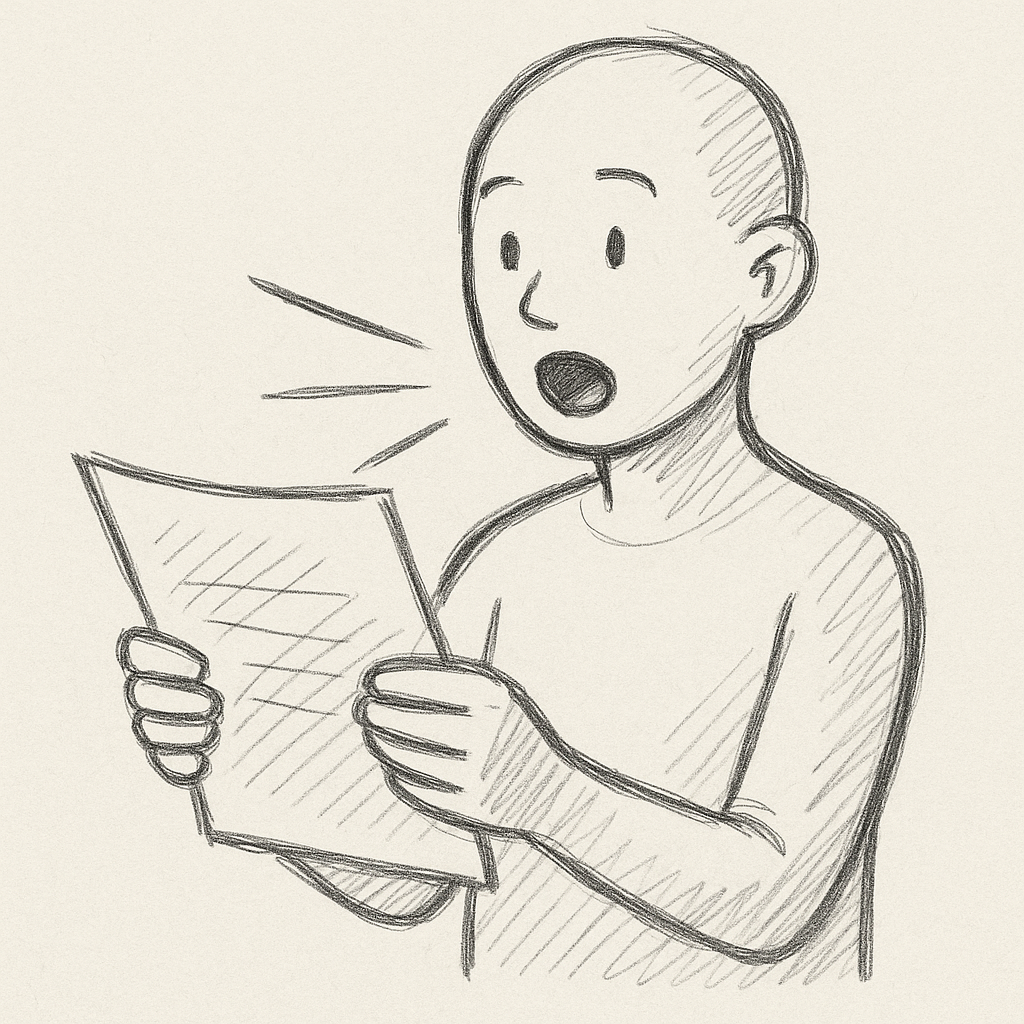Nib #60 Very Significantly Unnecessary Words
This is one of those tips that will improve any kind of writing you do, from legal briefs to love poems: reconsider your intensifiers.
Intensifiers are adjectives and adverbs whose meaning boils down to “really a lot.” Words like very, significantly, quite, extremely, highly, exceptionally, really, absolutely, and utterly.
There’s nothing wrong with these words, exactly. But when combined with the nouns or verbs they modify, intensifiers often prolong sentences and muddy rather than clarify their meaning.
Consider the phrase “very smart person” — where the adverb very modifies the adjective smart, which modifies the noun person.
First, there are individual adjectives that already mean “very smart” without the adverb. Wise. Brilliant. Deep. Quick.
Second, note how different all those specific adjectives are from each other. Any one of them could more precisely render the writer’s meaning while also shortening the sentence by a word. (And all things being equal, remember, shorter is better.)
Third, there are nouns that communicate “smart person” without any adjective or adverb. Genius. Einstein. Sage. Prodigy. Guru. Polymath. Here again, each word is different, and would put a different spin on the idea and picture in the reader's head.
If in the editing process, you can turn a three-word phrase like “very smart person” into a single word like “prodigy,” chances are it’s worth considering. (Especially if the single word is a verb or a noun: see Nib #42.)
This is not to say that writers should never use intensifiers. (As writer whose name I have forgotten once put it, “Of course you need the word ‘very,’ it means very.”) Rather, it’s a reminder to writers to use intensifiers — like all other words — intentionally. When you come across intensifiers as you edit and revise your drafts (and you will!), just take a moment and see if there is a less-wordy, more concrete way to render the same thought.
Until next week… keep writing!











